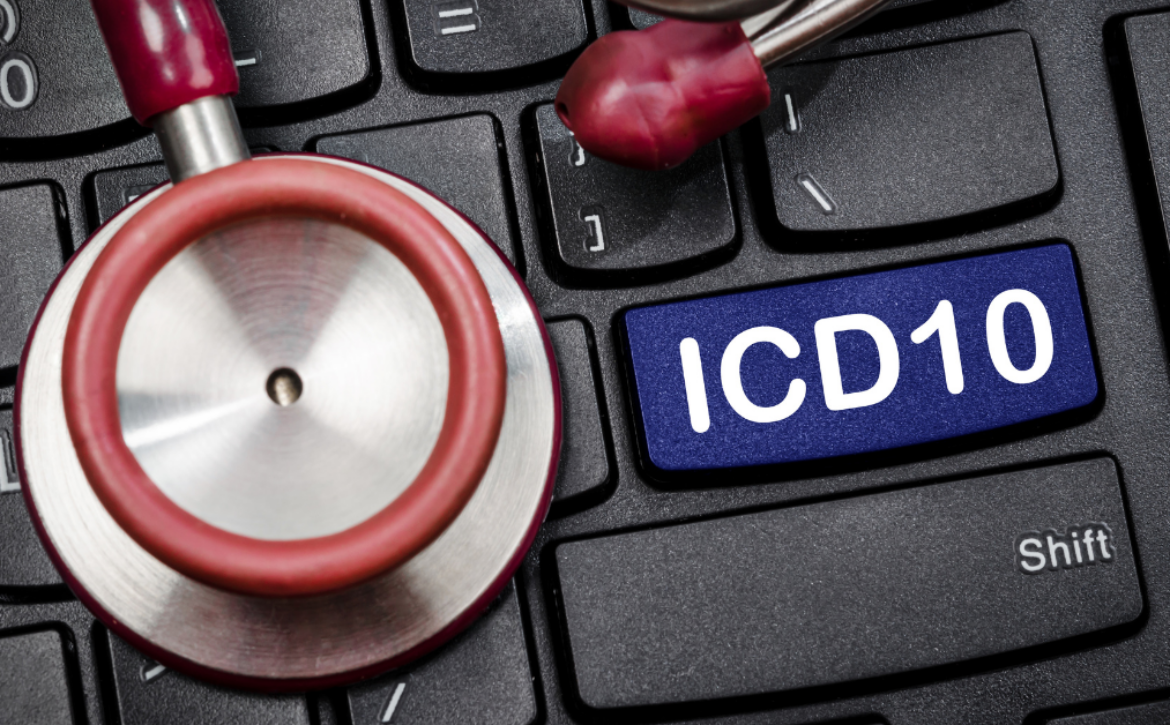Running a successful primary care practice means balancing excellent patient care with the demands of running a business. One of the most time-consuming—but essential—tasks behind the scenes is provider credentialing. Whether you’re launching a new office, expanding your provider team, or simply trying to get through insurance renewals, credentialing can quickly become a roadblock to revenue if not handled correctly.
So, the question is: Should your primary care office hire a credentialing company? In most cases, the answer is a strong yes—and here’s why.
What Is Credentialing—and Why Does It Matter?
Credentialing is the process of verifying that a healthcare provider meets the standards to participate in insurance networks and receive reimbursement from payers like Medicare, Medicaid, and private insurance companies. It includes verifying licenses, education, training, board certifications, and work history.
Without credentialing, you can’t get paid—even if you’re seeing patients and submitting claims.
The Challenges of In-House Credentialing
Many practices try to manage credentialing internally. While this may seem like a cost-effective solution at first, it can quickly overwhelm office staff and lead to serious issues, including:
- Delayed reimbursements due to incomplete or late submissions
- Missed payer deadlines for recredentialing
- Lost revenue while waiting for approval from insurance networks
- Increased staff burnout from managing complex, repetitive administrative tasks
- Credentialing errors that lead to audits or denied claims
Credentialing isn’t just a one-time task—it’s a recurring, time-sensitive responsibility that can cost your practice thousands in missed revenue if not managed properly.
5 Reasons to Hire a Credentialing Company
Here’s why working with a dedicated credentialing company—like AMS Billing Solutions—is one of the smartest decisions a primary care office can make.
1. Faster Payer Enrollment
Our experienced credentialing team understands the specific requirements and timelines of all major payers. We ensure applications are completed accurately and submitted quickly to avoid delays.
2. Avoid Costly Errors
Credentialing mistakes can lead to claim denials, reimbursement delays, or even legal risks. With AMS, you get peace of mind knowing that your credentialing is handled by professionals who get it right the first time.
3. Focus on Patient Care
When your staff doesn’t have to worry about juggling credentialing forms and follow-up calls, they can stay focused on what matters most—your patients.
4. Stay Compliant with Renewals
Credentialing doesn’t stop once you’re approved. Recredentialing and ongoing updates are required regularly. We track deadlines, manage documentation, and handle renewals automatically.
5. Transparent Reporting
We keep you in the loop with regular updates and detailed status reports so you know exactly where your applications stand and when they’ll be approved.
Credentialing + Billing = Maximum Efficiency
Credentialing and medical billing go hand in hand. At AMS Billing Solutions, we offer both under one roof so there’s no disconnect between getting your providers credentialed and getting your claims paid.
We ensure your team is enrolled and active with all relevant payers before claims go out the door—minimizing denials and reducing revenue loss.
Is It Time to Outsource Credentialing?
If your primary care office is:
- Adding new providers
- Changing locations or expanding services
- Tired of losing time or money due to credentialing delays
- Planning to join new insurance networks
Then now is the perfect time to consider outsourcing your credentialing.
Partner with AMS Billing Solutions for Seamless Credentialing
AMS Billing Solutions helps primary care offices across the country streamline the credentialing process, avoid delays, and improve their revenue cycle. Whether you’re setting up a brand-new office or just want to free up your staff’s time, we offer flexible credentialing support that scales with your needs.
Get in touch today to schedule a consultation and find out how AMS can simplify your credentialing process—so you can focus on growing your practice.










